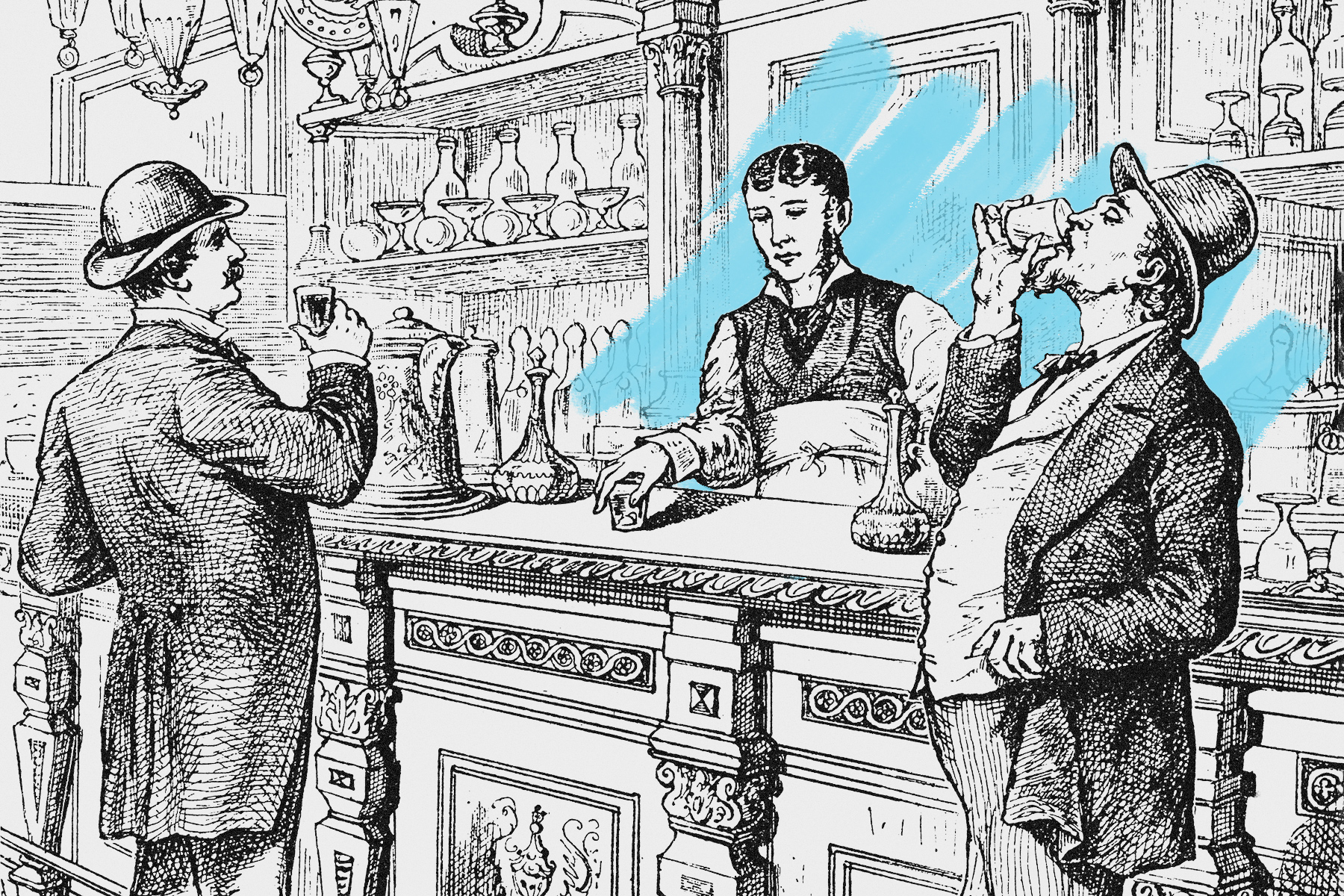Maryland was the only state to refuse to enforce Prohibition.
On January 16, 1919, Congress ratified the 18th Amendment, starting a one-year countdown to the end of the manufacture, transportation, and sale of alcohol in the United States. Although many Americans opposed Prohibition, 46 of the 48 U.S. states at the time ratified the amendment (only Connecticut and Rhode Island rejected it). The Volstead Act made Prohibition official when it went into effect on January 17, 1920. Drinking alcohol was still technically legal, however, and the public’s willingness to flout the law without any real risk opened the door to the illicit activity and violent excess of the Prohibition era.
Although Maryland was the sixth state to ratify the 18th Amendment, its state government did not pass legislation to enforce the federal law. The 18th Amendment stipulated that “Congress and the several States shall have concurrent power to enforce this article by appropriate legislation.” But Maryland was the only state that never passed an enforcement law, refusing to commit any resources to policing the ban. Throughout the 1920s, Maryland earned a reputation as a “wet” state, and the Chesapeake Bay was a hot spot for bootleggers importing illegal liquor from overseas.
Maryland’s anti-Prohibition stance was led by local politicians such as Governor Albert Ritchie, who called the 18th Amendment an “unwarranted invasion by the Federal Government of the liberties of the Maryland People.” But the state was not alone in disliking the ban on booze, which was widely unpopular by the end of the 1920s. Prohibition inadvertently created a host of new societal problems, including a sharp rise in crime and a severe loss of federal tax revenue. The ratification of the 21st Amendment ended the failed experiment in 1933, and while most Americans celebrated Repeal Day with gusto, the beer may have tasted slightly sweeter at bars and taverns across the Free State.









